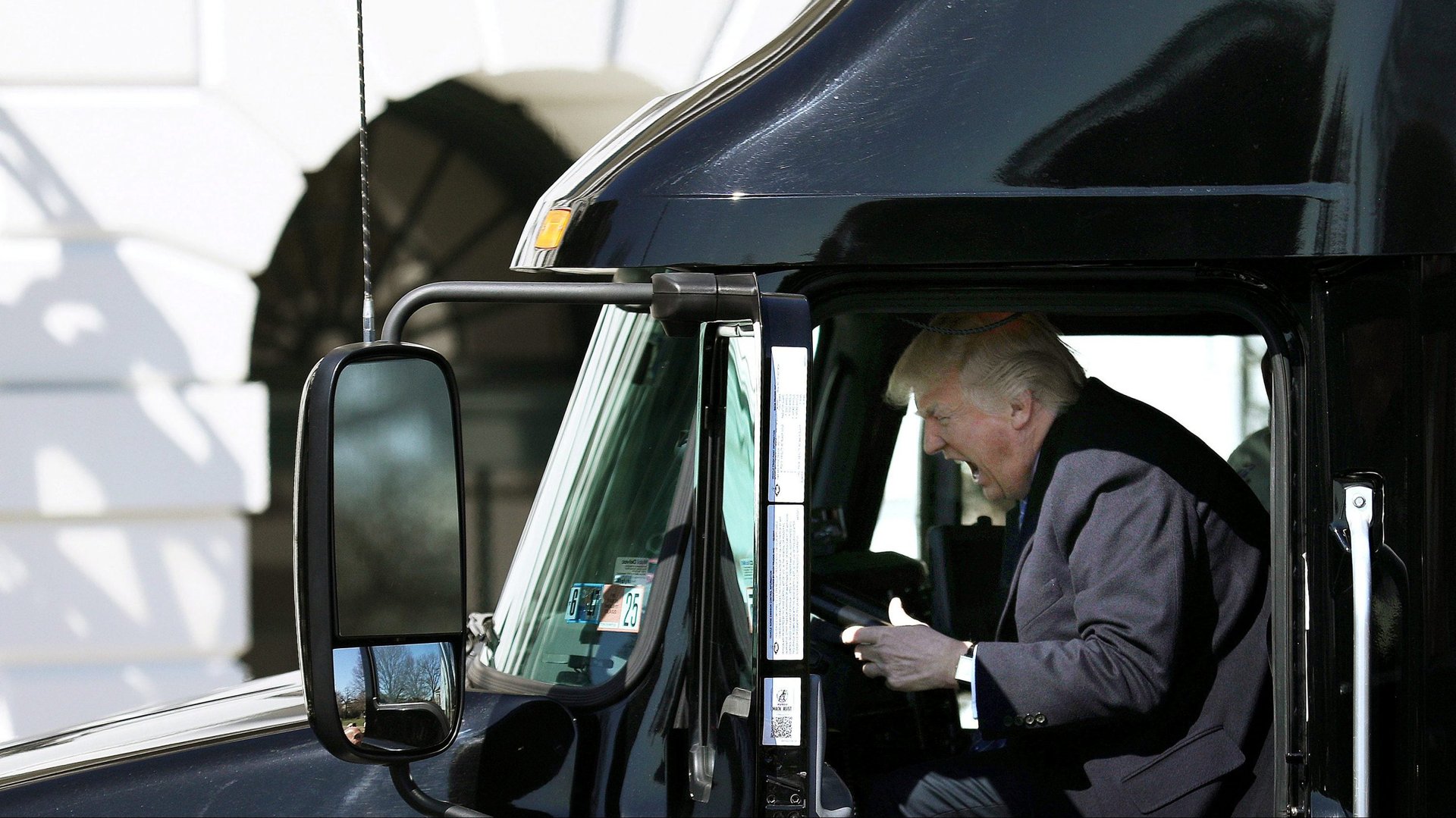A new book confirms the rest of the world’s worst fears about Trump
Veteran media columnist Michael Wolff’s new book, Fire and Fury: Inside the Trump White House, is being eagerly devoured by political obsessives in the US for its gossipy portrayal of the dysfunctional West Wing.


Veteran media columnist Michael Wolff’s new book, Fire and Fury: Inside the Trump White House, is being eagerly devoured by political obsessives in the US for its gossipy portrayal of the dysfunctional West Wing.
But the book could have repercussions far beyond United States borders. Foreign governments have been struggling for the past year to negotiate with the Trump administration. Now some of their representatives say the excerpts they’re read so far confirm their worst fears about the White House’s erratic decision making. “It does look like a total mess,” said Jorge Guajardo, the former Mexican ambassador to China who now advises companies and governments in DC.
Trump’s “America First” push has already left the US isolated when it comes to international treaties and traditional alliances. Wolff’s description of a politically unsophisticated, “semi-literate” leader, overseeing a ramshackle organization with no strategic direction is only likely to further that isolation.
“A lot of the details are surprising, but it confirms what people were already thinking,” said Sam Huxley, a senior vice president at Levick, a consultancy that advises foreign governments in Washington. The demand for Wolff’s book is so great that the publication date was pushed up from Jan. 9 until today, and it already tops the Amazon best-seller charts in the US, UK, and Canada.
Since Trump became president, foreign officials have struggled mightily to figure out who to talk to in the White House, and how to conduct regular meetings that keep the wheels of diplomacy greased. Consultants and overseas officials trying to ferry foreign leaders around Washington have found themselves flummoxed by the disarray and blindsided when agreements they make with, say, the State Department, are overturned by a Trump tweet.
“Nobody knows who is in charge of what,” said Guajardo. Foreign ministers visiting Washington struggle to find counterparts with any decision-making authority and “at the end of the day they all end up in the White House—and even there they can’t get what they agreed to,” he said.
Latin American leaders have been visiting DC since Trump became president, “assuming institutions work,” Guajardo said. But the message the book drives home is that “it doesn’t matter who you talk to or what they agree to. It is irrelevant.”
Seasoned diplomats have already come to view Trump’s foreign policy as “catastrophic,” “terrifying,” “incompetent” and “dangerous,” Politico columnist Susan Glasser writes in a deeply reported article also published this week that relies on interviews with dozens of diplomats and foreign officials. The article is more nuanced than Wolff’s book, but points to a similar conclusion. “I’ve come to believe that when it comes to Trump and the world,” Glasser writes, “it’s not better than you think. It’s worse.”
So far, China’s Communist Party government has crafted perhaps the most concrete strategy for “handling” the Trump administration, as Evan Osnos details in the New Yorker—seizing the opportunities it creates to advance China’s role on the international stage, while sloughing off previous Western demands that China become more democratic, and trying to appeal to the Trump family clan.
As other governments realize the opportunity that the chaos in the Trump White House creates, expect America to get left even farther behind.